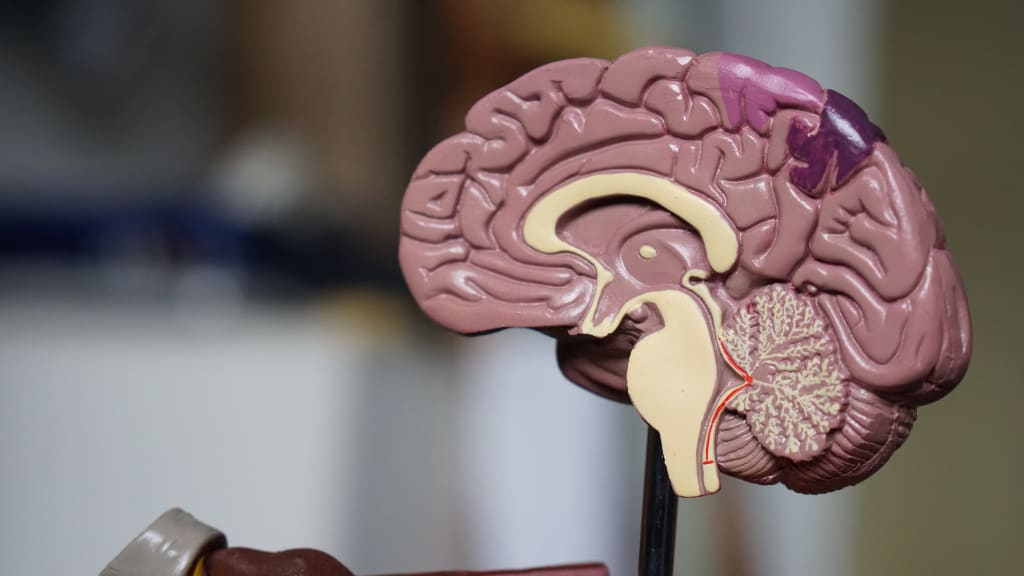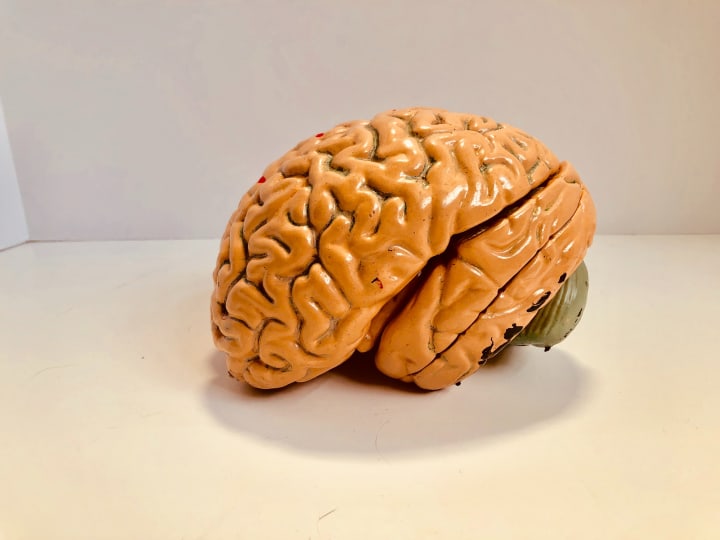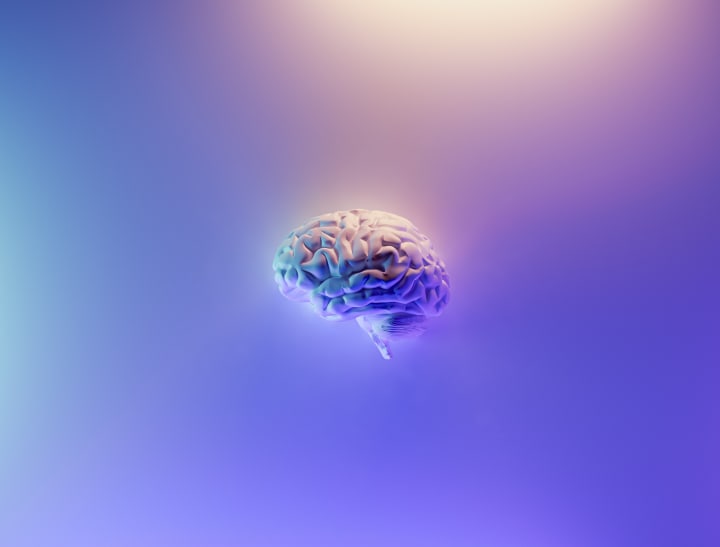
"Cogito, ergo sum"- "I think, therefore I am", this is how Rene Descartes described life. I would change this statement a little, and it would look this way: "I think and I have my own life memories, therefore I am." Thinking alone would not be useful if we couldn't create and store new memories every second of our life. And we should also be able to remember them in the long term. The question is, if (thanks to advanced medicine) we could live forever, where would we store all the memories, covering tens of thousands of years of life? Could our simple primate brain face this challenge?
The brain is the most complex organ in our body. It helps us interpret the world around us, as well as understand ourselves. The brain has evolved from the planarian (the simplest animal with cephalization) brain to the contemporary human brain structure. A human brain has about 100 billion neurons and weighs about 3 pounds. According to scientists, the brain is supposed to be able to store information for about 300 years. (Since a brain is not identical to a computer, it is believed nevertheless, that it can discard a certain amount of information, to replace it with new information, and this is the explanation why we forget). Considering that our maximum lifespan is 100 years, it seems that we have enough brain capacity to live for another 2 lives, and we would keep all our brain information (our memories) intact for that duration. Sounds great.
Now because science is concentrating on developing genetic engineering, stem cell technology, tissue 3D printing, nanotechnology, and cloning, our bodies could be repaired and regenerated. Nanotechnology could theoretically repair even our brain, from inside the cells, at the molecular level, and the memories we already have could be preserved.

With advanced medicine, we could live forever, since nanotechnology would repair our DNA and our entire cells. Now the question is, if our body and brain, which stores our memories, our consciousness, and personality, were forever young, what happened after 300 years? Our brain storage space would be full. What alternatives would there be? The first option is to delete information, the way scientists say our brain is actually doing in order to free space. But it means that after 600 years we would lose all the information we have stored in the first 300 years of our lives since new information would continuously replace the old information. It would mean that we would get a form of Alzheimer's since we would forget the first part of our lives in order to continue living normally (that is acquire new information) for another 300 years. (In fact, the information is probably deleted randomly and not chronologically, but in the end, after 600 years, half of the entire information we ever recorded will be gone, due to a lack of brain storage space, something that no one wishes to happen.)

At the same time, a brain that does not evolve by means of genetic mutations does not become more intelligent. Therefore if we managed to simply restore our brain and body to the same initial genetic structure we had when we were born, without making our genome and bodily structure evolve genetically at the same time, we would have a species that lives forever but does not evolve.
In this case, if our brain could only store information for 300 years and then was forced to delete old information to store new ones, we had a problem. Who wants to start forgetting his past after 300 years, and never recover a single memory that is older than 300 years?
This means that, if we want to live longer than 300 years and still remember who we used to be initially, we should attach supplementary memory storage to our brain. A brain chip could be used for this purpose.

A supplementary cybernetic memory attached to the brain would offer more storage space, and we could continue living normally, that is we would remember our lives from beginning to the end, without losing any information. Of course in time, brain chips would become more and more complex and would be able to store larger amounts of information in a smaller space. This way we could store our memories for tens of thousands of years, and thus live that long without any memory loss.






Comments
There are no comments for this story
Be the first to respond and start the conversation.